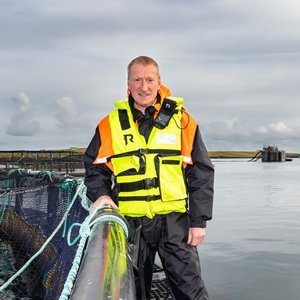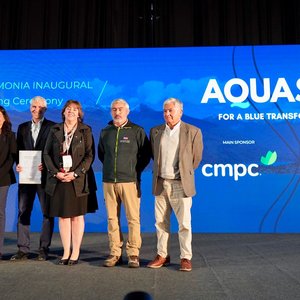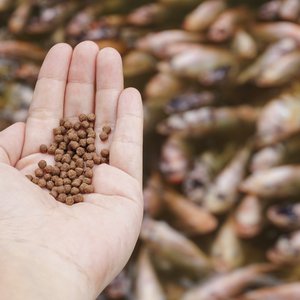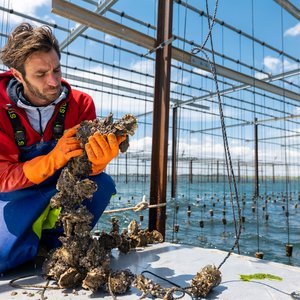Scientists at Dartmouth College have demonstrated that a marine microalga co-product can replace fishmeal as an ingredient in feeds for Nile tilapia.
The Dartmouth team\'s latest work replaces fishmeal with the microalga co-product, Nannochloropsis oculata, which is rich in both protein and omega-3 fatty acids, including eicosapentaenoic acid. The co-product is available at commercial scale and continued increases in supply are expected.
The study is the first of its kind to evaluate replacing fishmeal with a co-product in feed designed specifically for Nile tilapia, and the results demonstrated that the co-product had higher protein content than the whole cells but had lower digestibility than whole cells. The co-product showed the highest digestibility of lysine, as well as the highest eicosapentaenoic acid (EPA) digestibility.
The team produced and evaluated several feeds with varying percentages of the co-product replacing fishmeal. When 33 percent of fishmeal was replaced with the co-product, the Nile tilapia showed similar growth, survival and FCR to those on the control diet containing fishmeal. The team hypothesizes that the co-product may need to be enhanced with enzyme(s) to maximize nutrient availability and counter the lower digestibility observed in the experiment.
\"The possibilities for developing a sustainable approach to aquaculture are exciting. Our society has an opportunity to shift aquafeed\'s reliance on fish-based ingredients to a fish-free product that is based on marine microalgae, and our findings provide new insight into how we can get there,\" said lead author, Pallab Sarker, a research assistant professor at Dartmouth.
The research builds on the team\'s earlier work developing a marine microalga feed for Nile tilapia made from Schizochytrium sp., which evaluated how the feed affected digestibility and growth. The results demonstrated that Schizochytrium sp. was highly digestible. The tilapia not only had higher weight gain but better feed conversion compared to those on a control diet containing fish oil, when the Schizochytrium sp fully replaced the fish oil.
As part of the team\'s goal to eliminate aquafeed\'s reliance on marine fish and terrestrial crop inputs, they are combining Nannochloropsis co-product with other marine microalgae to make aquaculture feeds more sustainable.
The results of the study are published in PLOS ONE.










